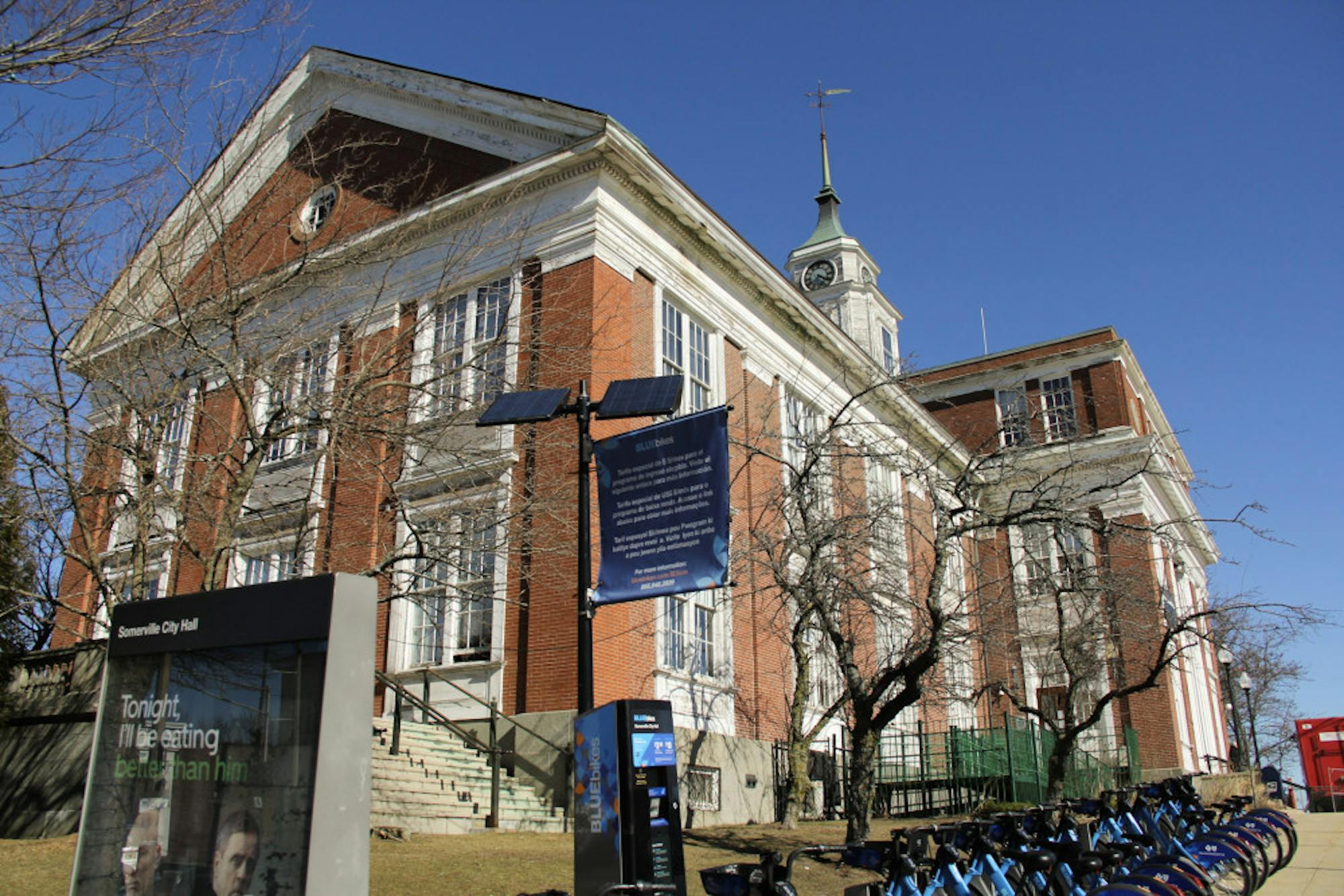The City of Somerville awarded $2.7 million in Community Preservation Act (CPA) funding to various organizations in the area. This funding is funneled annually to organizations that work to preserve historic sites, maintain open spaces, develop outdoor recreation facilities or create affordable housing. Funding recipients include the Elizabeth Peabody House, the Somerville Affordable Housing Trust Fund, the Somerville Hispanic Association for Community Development and the Somerville Museum.
Including Somerville, 187 communities in Massachusetts have adopted the CPA since it was signed into law in 2000.
Roberta Cameron, CPA manager for the City of Somerville, explained where funding comes from.
“The Community Preservation Act funds are collected through a small surcharge on the property tax bills, which is [partially matched] with funding from the state," Cameron said. "Somerville, right now, is bringing roughly $3 million a year in Community Preservation Act funds.”
Somerville's Community Preservation Committee is tasked with reviewing applications for CPA funding and making recommendations to the City of Somerville on who should receive funding. Cameron discussed the wide variety of applicants that are eligible to apply for funding.
“City departments and non-profit organizations and occasionally even individuals in the city can apply to the CPC to receive grants from this funding source,” Cameron said.
Kathryn Aucella is a development associate at the Elizabeth Peabody House, a nonprofit child care center for immigrant and low income families.
Aucella said the Elizabeth Peabody House qualifies for funding to conduct renovations because it is based in a historic building and the renovations qualify as historic preservation. The Elizabeth Peabody House has requested and received CPA funds multiple times.
"We are lucky that they have funded us when they have," Aucella said.
The Elizabeth Peabody House will use this year's grant to fund the redesign of a structurally unsound area of the house that they plan to turn into a classroom. Aucella said that following the redesign and renovation of the classroom, the organization will also need to add bathrooms and an elevator to the space before it can be used.
Barbara Mangum, president of the board of trustees at the Somerville Museum, said the museum was awarded $157,352 in CPA funds to finish renovating its basement.
Mangum plans to keep applying for CPA funding to support the Somerville Museum's efforts to improve its accessibility and become fully climate controlled.
"We have so many needs," she said, echoing Aucella's sentiment that there is a near-endless list of improvements to be made given enough time and money.
Magnum expressed her appreciation for the Community Preservation Act and the city.
“I’m so glad that Somerville has [the CPA]," Mangum said. "It's just been so helpful to us all … we just couldn’t take these projects on otherwise.”
Cameron said the city generally struggles to conduct community outreach and make the availability of CPA funds known.
“The biggest challenge that we're facing … is public outreach," she said. "Letting people know about CPA so that more people are aware of what we have funded in the past … letting people know that this money is available."
Somerville awarded funding to every CPA applicant this year, Cameron said. For the next round, the city is conducting more outreach to gather community input on who should receive funds.
“We are launching a survey that we’re inviting all Somerville residents, employees [and] community members to participate in … and we’ll be having a public hearing on March 23, and there’s also going to be a SomerVoice site that people can participate in to share their input,” Cameron said.






